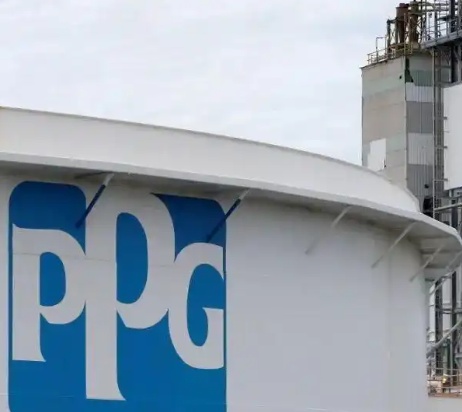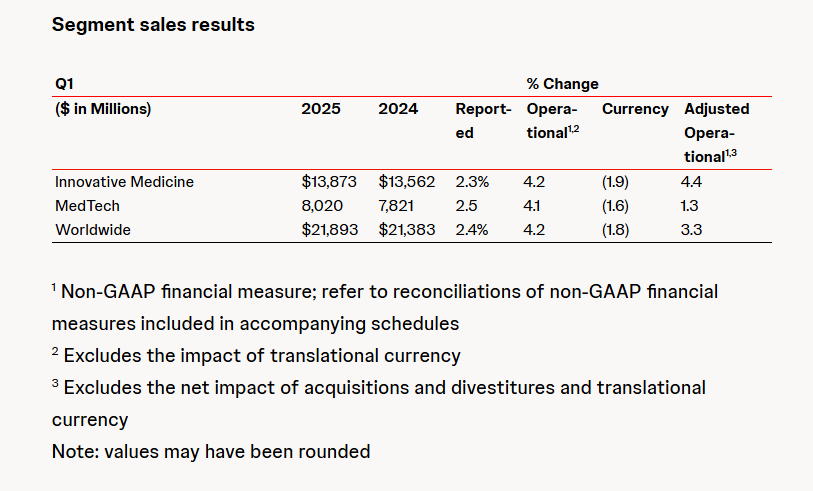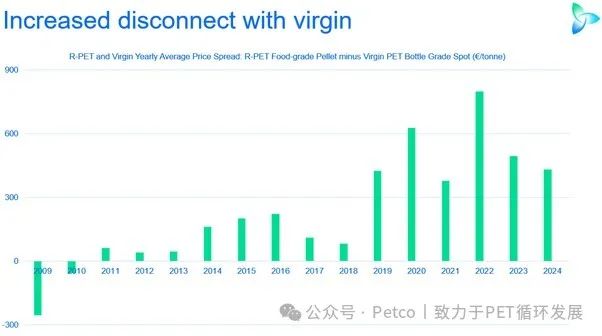25% Tariff! Trump Sanctions Countries Importing Venezuelan Oil
Trump's "tariff blitz" is coming.
On the 24th, local time, the White House announced that U.S. President Trump signed an executive order imposing "tariff sanctions" on countries importing Venezuelan oil. Starting April 2nd, the U.S. may impose a 25% tariff on all goods imported from any country that directly or indirectly imports Venezuelan oil.
Affected by this, international oil prices soared, with the Monday close of the US WTI May crude oil futures up 1.21%, reaching as high as $69.33 per barrel for the day, the highest since March 4; the Brent May crude oil futures closed up 1.16%, at $73.0
Additionally, Trump stated that he would announce additional tariffs on cars, wood products, and semiconductors in the coming days, indicating his plan to impose more comprehensive tariffs on top of the "reciprocal tariffs" already planned. However, analysts believe whether these tariffs will ultimately be implemented and how they will be implemented remains uncertain.
On March 25th, according to the CCTV News client, on the 24th local time, the White House stated that US President Trump signed an executive order imposing "tariff sanctions" on countries that import Venezuelan oil. The statement said that starting April 2nd, the United States may impose a 25% tariff on all goods imported from any country that directly or indirectly imports Venezuelan oil.
This command authorizes the U.S. Secretary of State to decide, whether on or after April 2nd, to impose a 25% tariff on any country's goods directly or indirectly importing Venezuelan oil. Once the Secretary decides to impose a 25% tariff on a specific country, the tariff shal
Trump announced on 24 days prior to the tweet that the United States would impose secondary tariffs on Venezuela due to multiple reasons.
Trump added that any country purchasing oil or natural gas from Venezuela would be forced to pay a 25% tariff on all trade with the United States.
Trump said that the relevant tariffs would take effect on April 2. When asked by the media if the 25% tariff is "an additional tax on top of the existing tariffs," Trump answered, "Yes."
After Trump's post, international oil prices surged. Specifically, the U.S. WTI May crude oil futures closed up 1.21%, at $69.11 per barrel, with an intraday high of $69.33, the highest level since March 4; the Brent May crude oil futures closed up 1.16%, at $73.00 per barrel.
U.S. media analysis indicates that Trump's so-called "secondary tariffs" are similar to "secondary sanctions." Secondary sanctions target the governments, entities, or individuals of third countries, threatening to cut their economic ties with the United States, thereby forcing them to comply with U.S. sanctions and achieving the goal of isolating the sanctioned country.
It should be noted that the United States is also one of the destinations for Venezuelan energy and may continue to import for some time. According to market research firm Kpler, Venezuela's crude oil exports in 2024 are expected to be around 660,000 barrels per day, with the United States importing approximately 233,000 barrels per day.
Venezuelan Foreign Minister Jorge Arreaza stated on the 24th that the US measure to impose a 25% tariff on nations purchasing oil and natural gas from Venezuela is "illegal" and "arbitrary."
On March 24, the Ministry of Foreign Affairs of Venezuela issued a statement firmly opposing the U.S. government's imposition of a 25% secondary tariff on countries trading oil and natural gas with Venezuela.
The announcement states that US President Trump's unilateral imposition of tariffs constitutes a new act of aggression, openly violating the rules of international trade such as the General Agreement on Tariffs and Trade and the Marrakesh Agreement Establishing the World Trade Organization. Venezuela will take all appropriate actions in international organizations to defend its rights and condemn this new violation of the world economic order.
On the 24th local time, US President Trump said that he would announce additional tariffs on cars, wood, and chips in the coming days.
Trump also stated that as the effective date of "reciprocal tariffs" on April 2 approaches, he may offer tariff exemptions to many countries, but they need to achieve "reciprocity." Trump mentioned that the European Union has agreed to lower auto tariffs to 2.5%, the same level as the United States. Additionally, Trump further clarified that not all tariffs will take effect on April 2.
This indicates that Trump plans to impose additional comprehensive tariffs on top of the "reciprocal tariffs" that are about to be implemented.
He also hinted that the auto tariffs may be announced before the equal tariffs begin.
"We may announce this in the next few days, and by April 2nd, it will be a tariff on equal rates."
Analysis suggests that whether these tariffs will ultimately be implemented, and how they will be implemented, remains uncertain. After all, Donald Trump's volatility on the issue of tariffs since taking office is well-known. A White House official told the media earlier on Monday that tariffs targeting specific industries "may or may not happen."
A官员 who wished to remain anonymous also stated, "No final decision has been made regarding the linkage between the industry and its counterparts."
Currently, American economists and market participants普遍担忧 that under the Trump administration's escalating "tariff barrage," the US economy may experience a "Trump recession" or even "stagflation." JPMorgan Chief Global Economist Bruce Kasman expressed high concern about the US economy earlier this month, estimating the probability of a US economic downturn this year at around 40%, significantly higher than the 30% forecast at the beginning of the year.
Morgan Stanley said in a report on Monday that the recent stock market correction has been disrupted by the "uncertainty shock" brought about by the changing tariff policies, with investors worried that this could escalate into a slowdown or even a recession. However, the real crux of the matter is that the US may face the risk of stagflation, where growth slows while inflation remains high.
Moodie's Chief Economist Mark Zandi Warns of High Risk of US Economic Decline Mark Zandi, chief economist at Moody's, warned that the US economy is at high risk of decline if President Trump implements tariffs on equal levels for three to five months.
【Copyright and Disclaimer】The above information is collected and organized by PlastMatch. The copyright belongs to the original author. This article is reprinted for the purpose of providing more information, and it does not imply that PlastMatch endorses the views expressed in the article or guarantees its accuracy. If there are any errors in the source attribution or if your legitimate rights have been infringed, please contact us, and we will promptly correct or remove the content. If other media, websites, or individuals use the aforementioned content, they must clearly indicate the original source and origin of the work and assume legal responsibility on their own.
Most Popular
-

Overseas Highlights: PPG Establishes New Aerospace Coatings Plant in the US, Yizumi Turkey Company Officially Opens! Pepsi Adjusts Plastic Packaging Goals
-

Abbott and Johnson & Johnson: Global Medical Device Giants' Robust Performance and Strategies Amid Tariff Pressures
-

BYD releases 2024 ESG report: Paid taxes of 51 billion yuan, higher than its net profit for the year.
-

Behind pop mart's surging performance: The Plastics Industry Embraces a Revolution of High-End and Green Transformation
-

The price difference between recycled and virgin PET has led brands to be cautious in their procurement, even settling for the minimum requirements.



